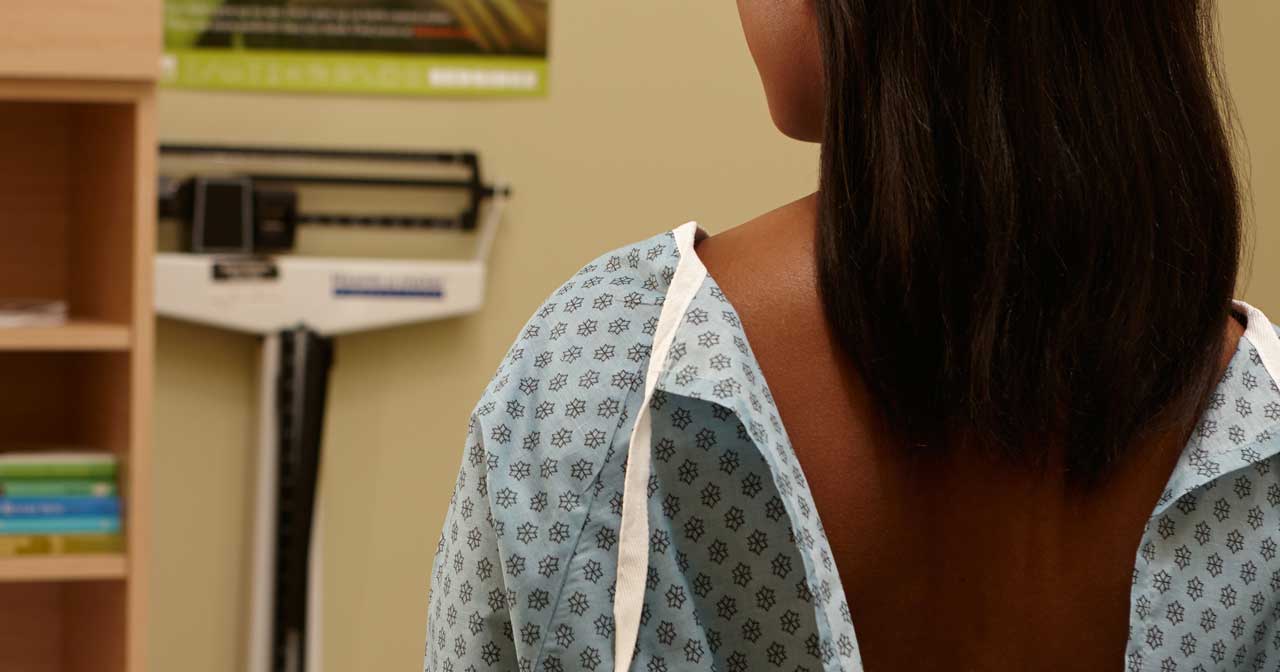I’m trans. Do I need birth control?
Maybe, it depends on what parts you and your partner have and what you're doing with them

Do trans people need to use birth control? Well, it all depends. It depends on what equipment you’ve got, what you’re doing with it, who you’re doing it with (and what they’ve got), and whether pregnancy is a goal or not.
Briefly, being transgender (trans for short) is about living in a gender that is different than the sex you were born with. Being cisgender is about having that sex and gender line up. Whether one needs birth control depends on what sex you were born with and what sex your partner was born with.
Transgender folks and cisgender folks come in all shapes and sizes. But people—no matter whether they identify as a transgender man, transgender woman, man, woman, or another identity—are born with only one functioning set of gametes (if any). Gametes are the cells from two different people that come together to make a baby. For humans, gametes come in two types: the sperm type and the egg type. Pregnancy starts when an egg and sperm come together and implant in a uterus.
Trans men
(folks who were assigned female sex at birth and identify on the male gender spectrum)
For those guys who were born with a uterus and ovaries (where eggs are made), if you still have those parts, you can get pregnant. So, if you’re doing someone who has a sperm delivery system (a penis and testicles) you have to think about the possibility that you could get pregnant.
Many, but not all, trans men use testosterone (T). For most, that stops the monthly visit from Aunt Flo. But that doesn’t necessarily mean you can’t get pregnant. Some trans men have gotten pregnant even when they weren’t having their periods and were still taking testosterone. How is that possible? Well, testosterone doesn’t completely stop egg production, so some guys will still release eggs even on T and even without a period. In other words, T isn’t good birth control.
So if getting pregnant isn’t in your plan, what are your options? All the methods that cisgender women may consider are also good options for trans guys. You should talk about them with your health care provider, who can help you tailor the method to your needs. If you want to get pregnant, you should also talk with your provider because there are things you can do to make sure you’re as healthy as possible before you do.
Trans women
(folks who were assigned male at birth and identify on the female gender spectrum)
For those gals who were born with a sperm delivery system (penis and testicles)—if you still have those parts and your partner has a uterus and ovaries, you can get them pregnant. Many trans women think that if they are on estrogen they can’t get another person pregnant, but that’s not true. Though it may be harder to get an erection, make sperm, and ejaculate when you are on estrogen, it’s not impossible.
So if you and your partner have the equipment to get pregnant but don’t want to be, you’ve got to think about birth control. All the things that cisgender men think about for contraception are on the table. Condoms are especially cool because they protect against both sexually transmitted infections and pregnancy.
If you want to have kids and you’ve got sperm, you should talk with your health care provider—ideally before starting estrogen—about saving those spermies for a rainy, pregnancy-desiring kind of day.
Finding good care
If you want to talk to a health care provider about any of these issues and don’t already have one you trust, check out the providers on this list. If you’re in one of the following cities, you can go to a health center that specializes in care for the trans community:
Baltimore : Johns Hopkins Bayview Medical Center
Boston: The Fenway Institute
Chicago: the Howard Brown Health Center
Los Angeles: The Los Angeles LGBT Center
New York: Callen-Lorde Community Health Center
Philadelphia: The Mazzoni Center
San Francisco: Lyon-Martin Health Services, the Tom Waddell Health Center, the Asian and Pacific Islander Wellness Center
Washington, D.C.: Whitman-Walker Health
There are also Planned Parenthood clinics—like the ones listed here—that have providers who can help trans folks with general health questions, as well as birth control questions.
How do you feel about this article?

Heat up your weekends with our best sex tips and so much more.